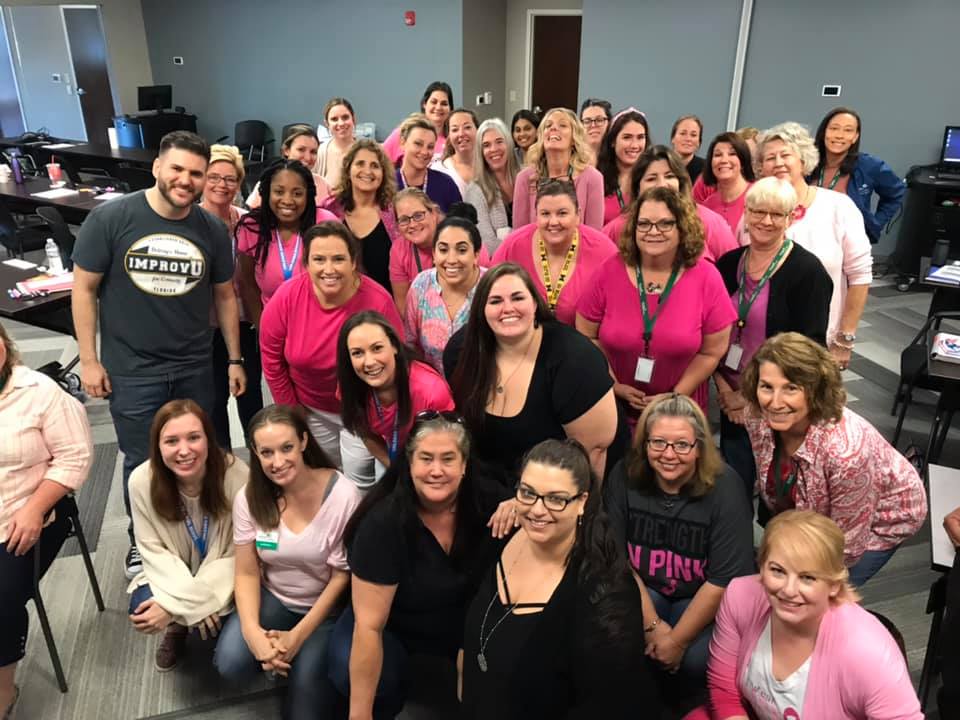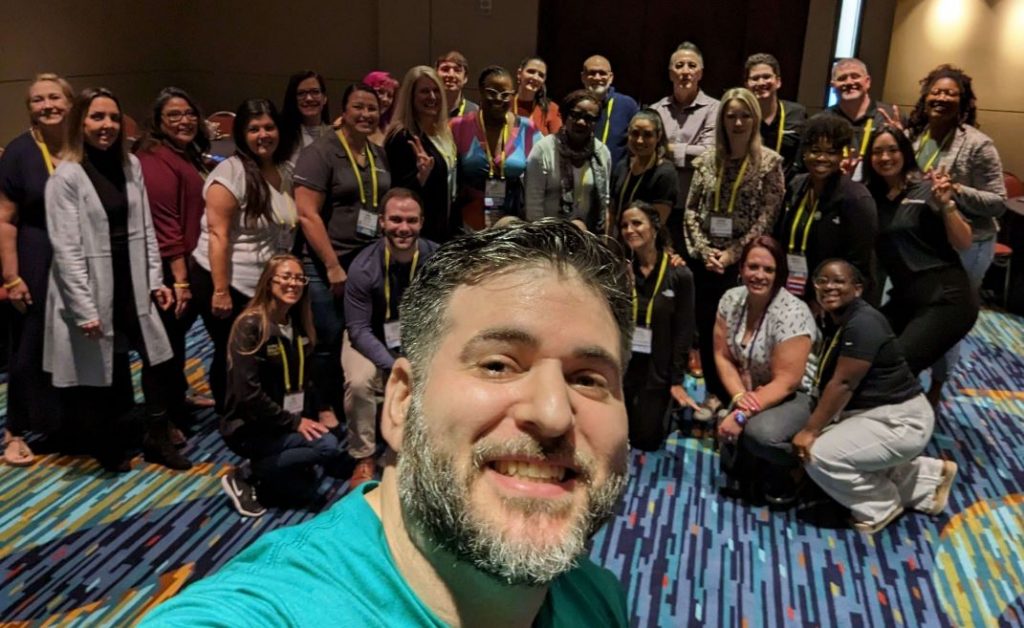As we enter the month of June, the world comes alive with vibrant celebrations and meaningful reflections during Pride Month. This annual observance only honors the LGBTQ+ community’s history, struggles, and achievements. It also serves as a reminder of the power of effective communication in driving social change. Let’s explore the significance of effective communication and its role in promoting understanding, acceptance, and progress during Pride Month.
- Amplifying Voices
Effective communication serves as a catalyst for change by amplifying the voices of marginalized communities, such as the LGBTQ+ community. It provides a platform for individuals to share their stories, challenges, and triumphs, fostering empathy and understanding among wider audiences. By engaging in open and respectful conversations, we can create a more inclusive society that embraces diversity and celebrates individuality. - Building Bridges
Communication acts as a bridge between different communities, fostering connections and creating opportunities for collaboration. Effective dialogue, can bridge gaps in understanding, dismantle stereotypes, and promote acceptance. Markedly, Pride Month offers a prime opportunity to engage in meaningful conversations. We can work on building bridges between LGBTQ+ individuals and allies, fostering solidarity, and creating a more inclusive world. - Education and Awareness
Effective communication plays a crucial role in educating society about the diverse experiences and challenges faced by the LGBTQ+ community. By sharing stories, promoting awareness campaigns, and organizing informative events, we can combat discrimination and promote equality. Educating ourselves and others is a vital step in creating a society that is more compassionate, respectful, and supportive of all individuals, regardless of their sexual orientation or gender identity. - Empowering Advocacy
Communication empowers individuals to become advocates for change. By effectively articulating their ideas, experiences, and aspirations, members of the LGBTQ+ community and their allies can mobilize support, challenge prejudice, and bring about policy reforms. Through social media campaigns, public speaking, and engaging storytelling, effective communication channels provide a powerful platform for advocacy and create the momentum necessary to drive meaningful change. - Celebrating Progress
Pride Month is a time to celebrate the progress that has been made in the fight for LGBTQ+ rights. Because effective communication enables us to reflect on the achievements of activists and communities, we can ensure that their stories are heard and their victories acknowledged. By showcasing the positive impact of inclusivity and acceptance, we can inspire others to join the movement and continue the work towards a world free from discrimination.
Effective communication lies at the heart of meaningful change during Pride Month and beyond. Therefore by amplifying voices, building bridges, promoting education and awareness, empowering advocacy, and celebrating progress. W we can foster a more inclusive society where all individuals are embraced, respected, and valued. As we commemorate Pride Month, let us recognize the power of our words, conversations, and actions to shape a brighter, more equitable future for the LGBTQ+ community and all marginalized groups. Together, we can create a world where love, acceptance, and understanding thrive.
So as your team works through Pride month, consider how effective communication could make significant change for your employees. To learn more about how to communicate better as a group, contact us today. If you want to gain confidence in public speaking for rallies or protests, our coaches are here to help.









